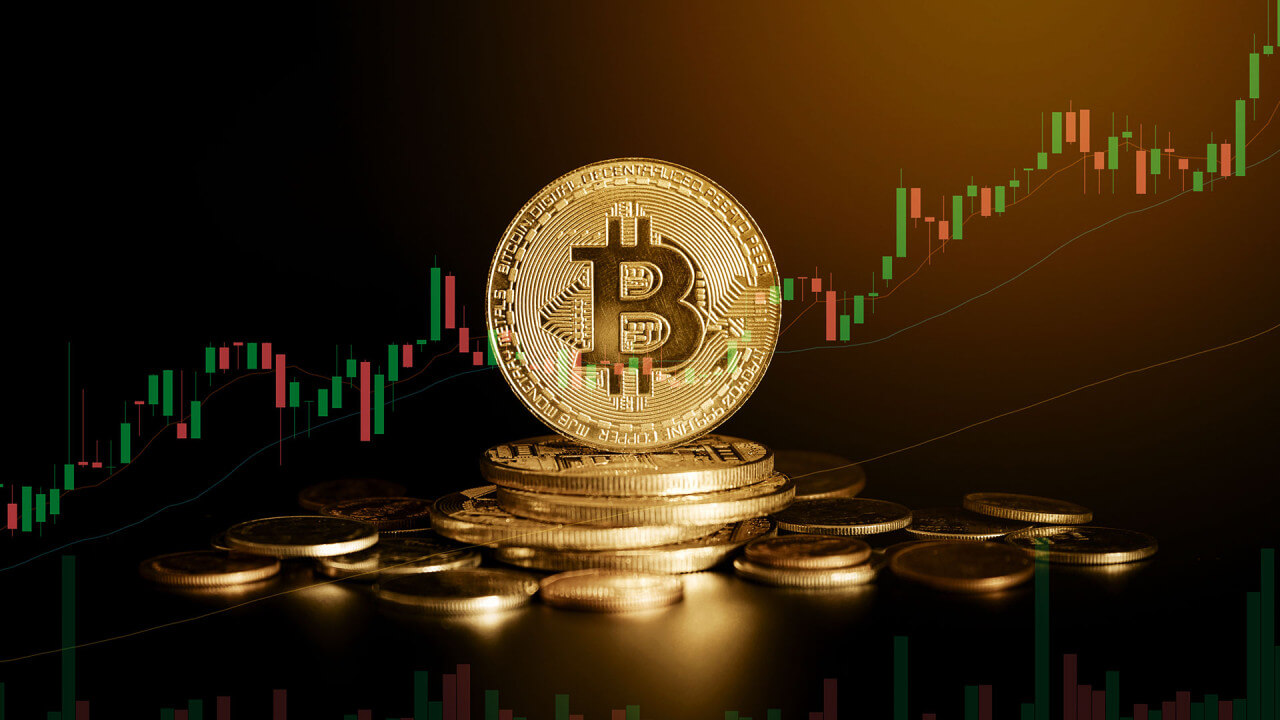

The draft guidelines on crypto-asset service providers “aim to enhance the oversight and supervision powers of the SEC over businesses that involve the offering and trading, as well as other activities of innovative financial products.”
Big picture
The SEC’s earlier attempt to regulate cryptocurrencies and allied assets faltered during the 2022 bear market, although this new effort, being pursued amid Bitcoin’s bull run, could prove successful.
“The draft rules take into account the growth and development of new crypto-asset markets, services, and business models, as the Commission seeks to establish an affirmative legal framework to provide protection against consumer harms and systemic risks,” the SEC said.
“It also seeks to provide consumers the choice of engaging in crypto-asset activity with licensed and authorized intermediaries,” it added.
The SEC will receive comments from the public until Jan. 18 via fintech@sec.gov.ph.
Rules for big investors
Other guidelines that are meant to bolster the Philippine capital markets are underway.
Last Dec. 18, the SEC released the second exposure draft of the amendments to Rule 39.1.4 of Republic Act No. 8799, or the Securities Regulation Code, or the Rules Governing Registrars of Qualified Institutional and Individual buyers.
“The proposed amendments will reinforce the Commission’s authority to verify the procedures of authorized registrars in accrediting qualified buyers to ensure that they maintain regulatory oversight and compliance with market regulations,” it said.
The SEC will receive comments until Jan. 10 via msrdsubmission@sec.gov.ph, japsescar@sec.gov.ph, and gclagonoy@sec.gov.ph.
Green investments
Additionally, the corporate watchdog is drafting rules to facilitate investments in businesses promoting green initiatives, otherwise known as the Philippine Green Equity framework.
“Green equity is a complement to sustainable debt instruments, expanding the range of sustainable investment products in the market and further supports the transition towards a net zero carbon economy,” the SEC said.
The rules were released last Dec. 26, and the SEC will accept comments until January 25 via msrdsubmission@sec.gov.ph, debalonzo@sec.gov.ph, and pmllimosinero@sec.gov.ph.
Islamic finance gets attention
It also issued proposed rules on Sukuk bonds “to promote the development of Islamic banking and finance in the country and to create the opportunity for other Philippine issuers to access the sukuk market in the future.”
“Sukuk or Islamic bond is the most popular financial instrument in the Islamic capital market, representing an important avenue for international fundraising and investment activities generating significant cross-border flows globally,” the SEC said.
Comments will be received until Jan. 26 via msrdsubmission@sec.gov.ph, gclagonoy@sec.gov.ph, and dlguardian@sec.gov.ph.
Upgraded shelf registration rules
Finally, the SEC will reform its rules on seasoned issuer and shelf registration.
This is meant to update the definition of terms to include seasoned issuer, which means any issuer designated by the Commission as having demonstrated its compliance with requirements on size, listing history, and track record.
“The proposal also covers the extension of shelf registration granted to seasoned issuers, allowing them to extend the offering period for additional tranches of securities beyond the original three-year period,” the SEC said.
Comments will also be received until Jan. 26 through email at these addresses: msrdsubmission@sec.gov.ph, gclagonoy@sec.gov.ph, and dlguardian@sec.gov.ph.

Miguel R. Camus has been a reporter covering various domestic business topics since 2009.